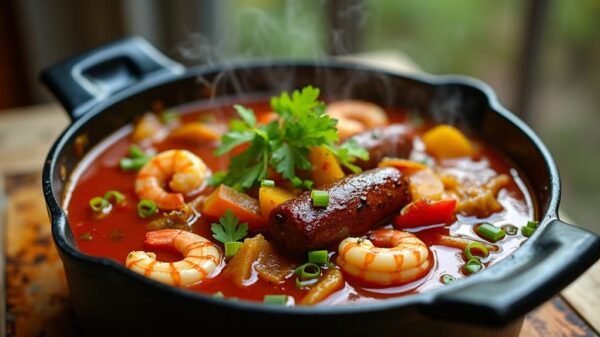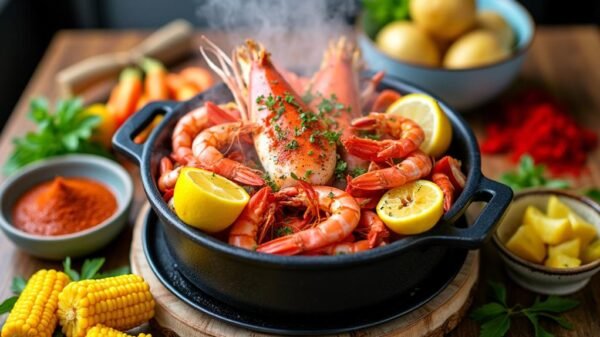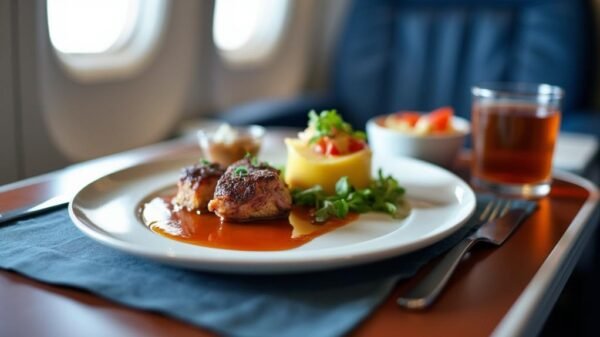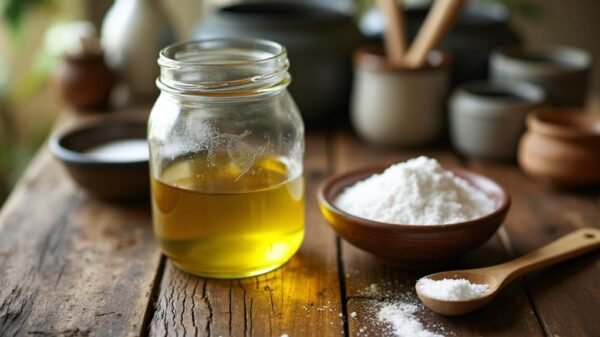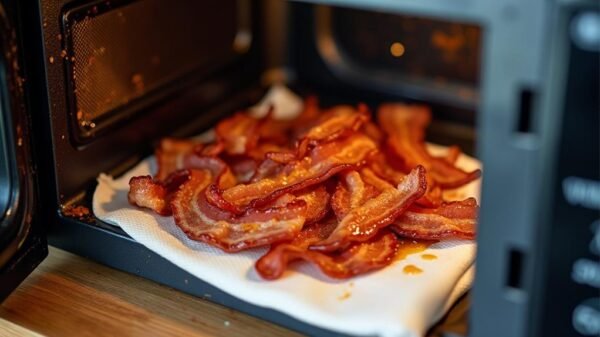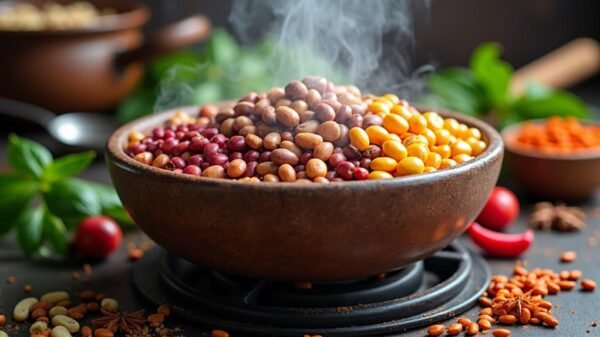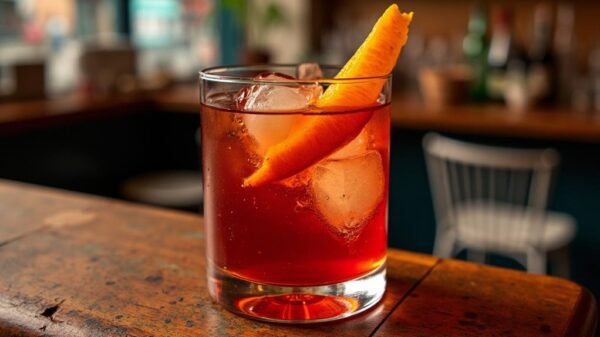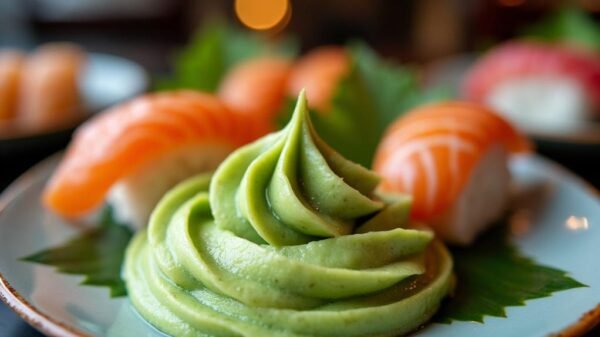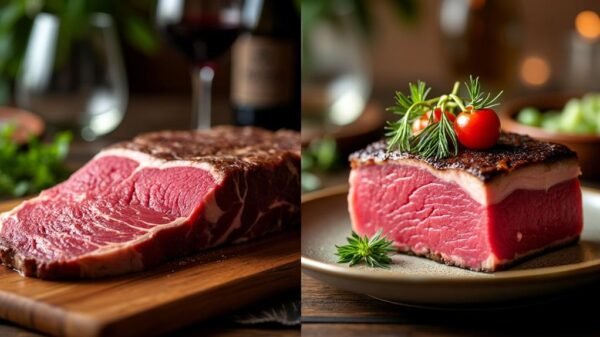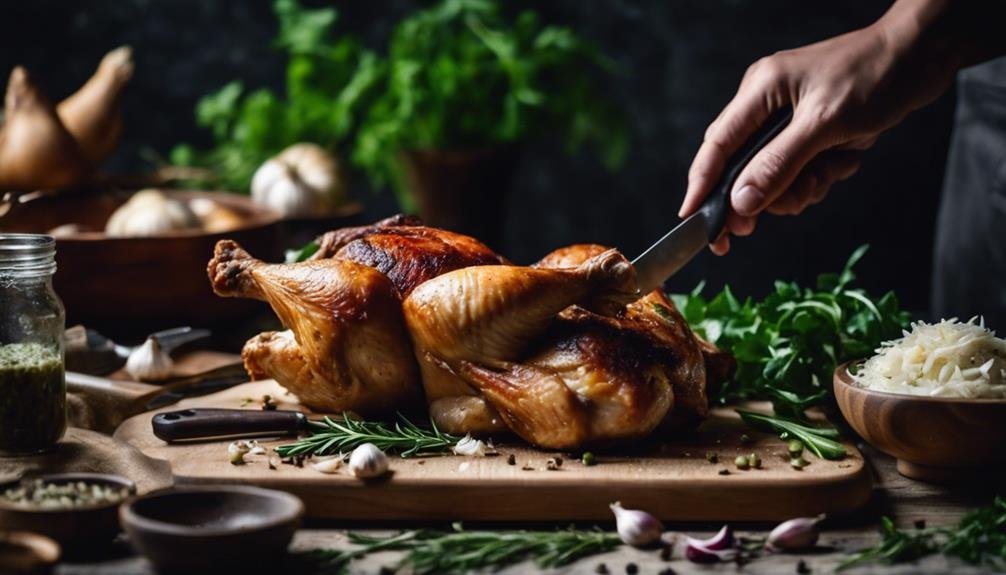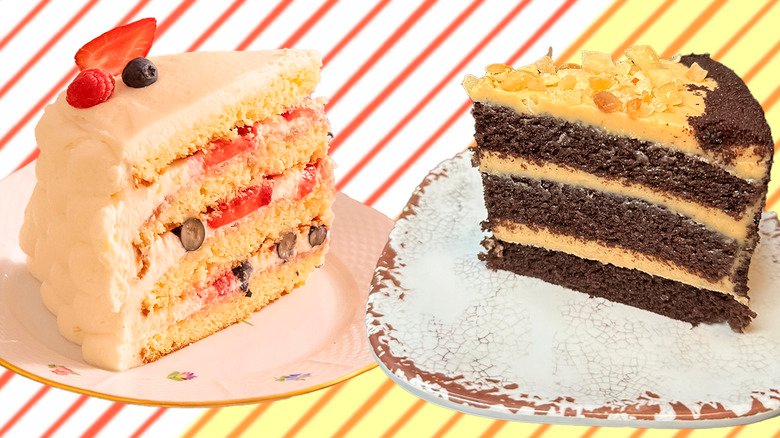Balancing rich, smoky flavors with the right beer can elevate a meal, especially when Korean barbecue is on the table. This cuisine is known for its sweetness and depth of flavor, a combination that begs for a complementary beverage rather than one that obscures its essence. Two experts from Walmart’s bettergoods launch shared their insights on ideal beer pairings to heighten the dining experience.
Chef Jae Lee suggests that a light and invigorating beer is the way to go when savoring Korean barbecue. “It doesn’t necessarily need to be a Korean brew; any light beer fits the bill,” he states, emphasizing that a lighter choice keeps the dish from feeling overly rich. “You’re indulging in savory meats like beef or pork; a bubbly, crisp drink balances the meal, allowing for continued enjoyment,” he elaborates. While he often leans towards a non-alcoholic variant, he affirms that a refreshing beer is the key.
Soju, a Korean rice liquor, might come to mind when considering a drink to pair with this style of barbecue. However, Danny Kim, the mind behind Danny Grubs, supports Lee’s perspective, advocating for a light beer and even suggesting a classic blend: somaek. “Combine soju with a light lager, and that’s the go-to drink for many enjoying Korean BBQ,” he explains. The traditional mix usually favors a 30% soju to 70% beer ratio, creating a dynamic cocktail that complements the food beautifully.
Light Lagers and Pale Ales: Perfect Matches for Korean Barbecue
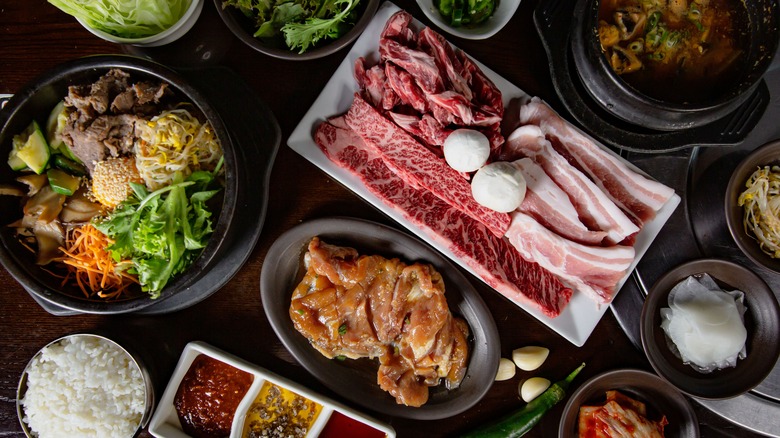
AuthorLinyt Photography/Shutterstock
When it comes to complementing Korean barbecue, light lagers stand out as an excellent choice. Their subtle bitterness counteracts the dish’s inherent sweetness, rendering each bite a little more balanced. Furthermore, their high carbonation contributes to their invigorating quality. Pale ales, though slightly bolder, maintain a refreshing quality—offering a delightful medley of maltiness, bitterness, and fruity notes that harmonize with the rich flavors of the barbecue.
For those crafting a somaek to enhance their barbecue spread, a light lager proves ideal. Its mildness maintains a refreshing profile, particularly if incorporating flavored sojus, which can introduce a playful twist. Traditional soju blends seamlessly with a light beer, but adventurous spirits might prefer the vibrancy of grape or plum-flavored sojus to add an unexpected brightness to the rich, sticky barbecue.
For diners who prefer lower alcohol options, Kim recommends kvass, a fermented beverage made from dark rye bread. Its crisp quality, slightly sour taste, and lower alcohol content (between 1.5% and 2.5%) mean that kvass offers a refreshing alternative, mirroring beer’s sweet, earthy notes without the intoxicating effects.



